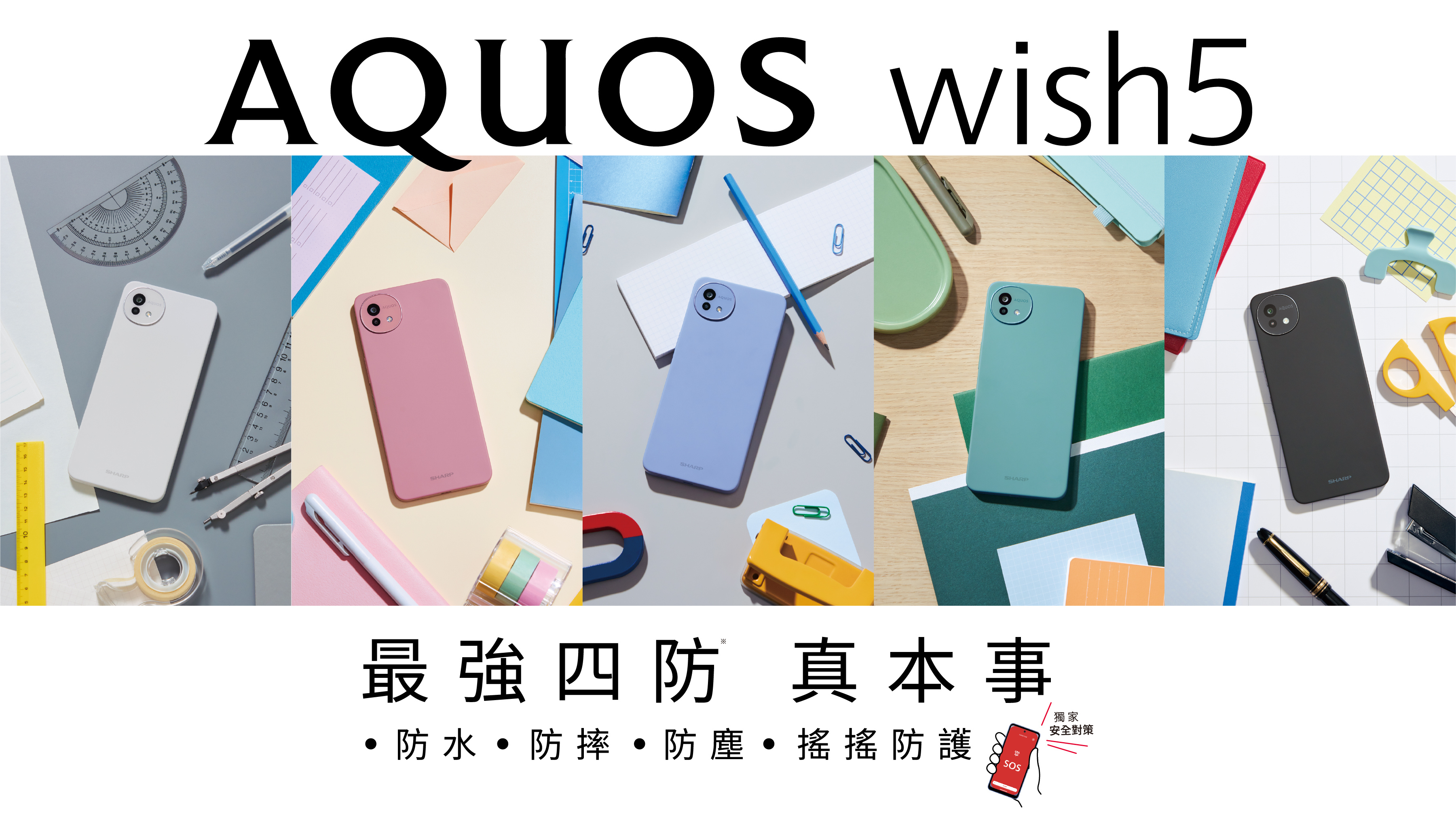假話脫口而出--人們自己騙自己如此簡單
假話脫口而出--人們自己騙自己如此簡單
Do you always get what you ask for? A new study finds that when you don't, you might not even notice the difference.
Swedish researchers showed a pair of female faces to 120 volunteers for 2 seconds and then asked them to choose which one they thought was more attractive. The researchers then asked the volunteers to explain their choice.
The trial was repeated 15 times for each volunteer, using different pairs of faces. but in three of the trials the faces were secretly switched after a decision had been made.
Surprisingly, not only were a large number of the volunteers oblivious to the switch when ultimately allowed to take a longer look at their choice, they were actually able to gave detailed explanations for why they preferred the face that, indeed, they had actually rejected.
It would be asking for an apple and then explaining exactly why you wanted the banana you got instead.
The researchers call the phenomenon "choice blindness."
"She's radiant," gushed one male volunteer about a face he didn't choose. "I would rather have approached her at a bar than the other one. I like earrings!"
Another female volunteer said that the face she chose (which in fact she hadn't) looked nicer than the other.
Lars Hall, a researcher from Lund University, thinks the volunteers were sincere when giving their reports and somehow failed to notice the switch.
"Confabulation' is perhaps a safe term to use," Hall said in an email interview. "That is, the [false] reports were constructed after the fact."
After the experiment, the volunteers were presented with a "hypothetical" scenario: Suppose they were involved in an experiment where the faces you chose were switched.
Eighty-four percent of the volunteers said they would. The researchers called this "choice blindness blindness." When the volunteers were told the truth about how they had been duped, many expressed surprise and even disbelief.
1/2 12下一頁尾頁


 留言列表
留言列表


